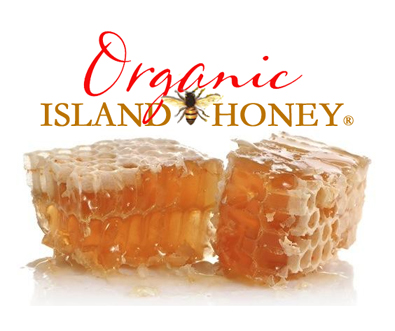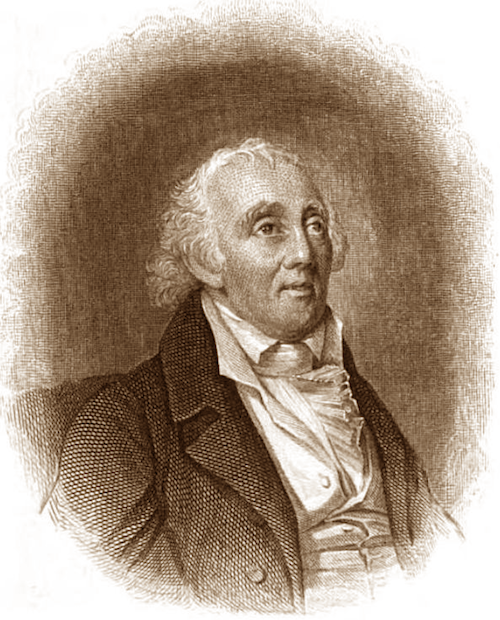Archives
The Island Honey Archives and Rare Book Collections is quite diverse. It's electronic database contains digital reproductions of drawings, photographs, posters, texts, and other images taken from its collection of historical documents. These images comprise only a small percentage of the Island Honey's holdings. The database continues to grow as we digitize additional materials. We try to provide information, where known, about the materials. We welcome any additional information or questions you might have. If you know more about an image on our website, please contact us.
William Charles Cotton
Rev William Charles Cotton (30 January 1813 – 22 June 1879) was an Anglican priest, a missionary and an apiarist. Cotton was tutored until age 14 and then sent to Eton College and later Christ Church, Oxford. He was ordained a minister at Oxford. From his childhood Cotton had a passionate interest in bees and beekeeping. At Oxford University he was a founder and the first secretary of the Oxford Apiarian Society. In 1837 he published his first work about bees, A Short and Simple Letter to Cottagers from a Bee Preserver, which sold 24,000 copies. A second Letter followed three years later. In 1842 he published My Bee Book which amongst other advice suggested ways to render bees semiconscious to obtain the honey rather than by killing them. Island Honey corporate collections consist of Cotton’s publications.
Lorenzo Lorraine Langstroth
Rev. Lorenzo Lorraine Langstroth (25 December 1810 – October 6, 1895). Langstroth was a clergyman, teacher, and apiarist. Considered to be the "Father of American Beekeeping." Langstroth graduated from Yale University in 1831, and subsequently held and taught there from 1834-1835. Langstroth is credited with discovering “bee space,” as well as other discoveries which contributed to the industrialization of modern beekeeping. Island Honey corporate collections consist of Langstroth’s publications.
Publius Vergilius Maro
Publius Vergilius Maro (October 15, 70 BC – September 21, 19 BC). Vergil is ranked as one of Rome’s greatest poet. Georgics is attributed to him. This standard text was used in the school curricula and nearly all educated Romans were familiar with it. Poets, following Virgil often refer intertextually to his works to generate meaning in their own poetry. In Georgics Book IV Vergil covered apiculture. Island Honey collections contain several plates from Georgics Book IV. These writings covered apiculture dealing with location and maintenance of an apiary, fighting swarms, the nature and qualities of bees, harvesting honey, bee disease, among other topics.
François Huber
François Huber (July 2, 1750 – December 22, 1831) was a Swiss naturalist. He was born at Geneva, of a family which had already made its mark in the literary and scientific world. François Huber was only fifteen years old when he began to suffer from a disease which gradually resulted in total blindness; but, with the aid of his wife, Marie Aimée Lullin, and of his servant, François Burnens, he was able to carry out investigations that laid the foundations of a scientific knowledge of the life history of the honey bee. Huber published Nouvelles Observations sur les Abeilles in Geneva in 1792 with a first English translation in 1806. Huber published a volume in 1814 which dealt with many more experiments with bees including respiration and the construction of comb. Island Honey corporate collections consist of Huber’s publications.




